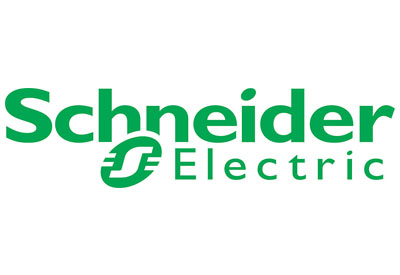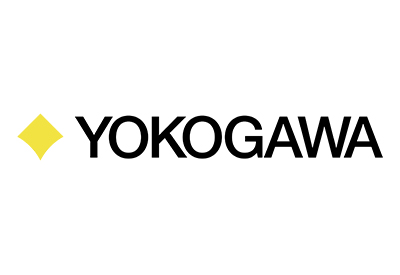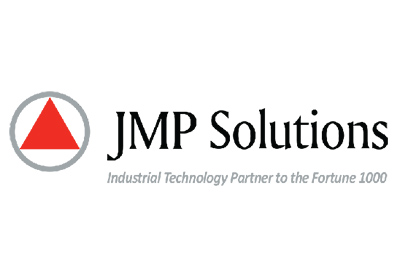Research Reveals Energy Concerns Impacting Business Competitiveness, The Workforce and Decarbonization
March 16, 2023

- 92 percent of business leaders surveyed believe that fluctuating energy costs and instability still pose a threat to business competitiveness
- Impacts on the workforce include reductions in investment in recruitment, training, development, and salaries
- Four out of five are also concerned about the security of energy supply, with over half highlighting the impact on their decarbonization goals
Research shows that businesses around the world remain concerned about the impacts of energy security and prices, which could be a catalyst for a range of environmental, social and economic ripple effects. According to ABB Electrification’s Energy Insights survey1 of 2,300 leaders from small and large businesses across a range of sectors, 92 percent of respondents feel that the continuing instability of energy is threatening their profitability and competitiveness. Energy costs and insecurity are having a significant impact on the workforce with decreased investment in employees. Business leaders are also concerned about potential impacts of meeting their sustainability targets.
Restricting business investment and growth
Rising energy costs and insecurity are forcing business leaders to rethink how they operate and where they invest in their businesses, to grow and remain competitive. The key impacts on businesses due to rising energy costs in the last year include lower profit margins (34 percent) and cuts to spending in some areas (34 percent), leading to a shift away from investment in R&D and other business growth initiatives. Over a third (38 percent) have or plan to reduce technology investment, while a third (33 percent) expect to cut spending on infrastructure and 31 percent foresee a decline in marketing spend.
Impact on employees
Businesses say they have reduced investment in their workforce in the last year because of increased energy costs and the need to implement mitigation measures. This is expected to continue over the next three to five years if energy challenges persist. Three of the top five business areas highlighted for budget reductions are related to the workforce: 42 percent will spend less on recruitment; 38 percent will decrease spending on salaries, overtime and bonuses; and 37 percent will reduce investment in staff training and development.
Delaying decarbonization
Respondents further cite concerns that energy pricing and insecurity could delay progress on climate change, with meeting carbon reduction commitments currently considered less of a priority than reducing energy costs. Over half (58 percent) of business leaders surveyed said the cost of energy could delay achieving their sustainability and carbon reduction targets by anywhere from one to five years. While reducing energy costs is the top priority for 61 percent of companies, only 40 percent currently have reducing carbon emissions within their overall business priorities.
Energy security
83 percent of business leaders express concern about the security of their business’s energy supply, and many are taking action to address this. Over a third (36 percent) are worried about further rises in energy costs, 31 percent are concerned by power cuts and blackouts, and a quarter by energy rationing. In response, 34 percent have already increased investment specifically focusing on improving their energy efficiency and 40 percent are looking to install on-site renewable energy generation to become less dependent on the grid.
Morten Wierod, President, ABB Electrification, said: “Businesses say they need to insulate themselves from energy prices and insecurity and are re-evaluating current and future spending plans. Taking action to mitigate this is a clear priority, but this doesn’t have to be a catalyst for potential workforce or environmental impacts. Investing in smart and sustainable on-site renewables and energy efficiency technology means businesses can simultaneously cut costs and reduce their emissions. With the right approach, it is possible for industry to achieve cost savings without sacrificing competitiveness, workforces or the journey to decarbonization.” Morten Wierod, President, ABB Electrification

Taking action
While businesses overall want to take proactive actions to address their energy challenges, a third are being put off by the perceived cost of implementing energy efficiency measures, and almost half (49 percent) feel they don’t have the know-how or resources to proceed.
Much of the technology that can help businesses – large or small – to optimize their energy management and reduce costs, is already widely available and at a reasonable cost. For example, at a telecoms HQ in Hanoi, smart building technology reduced energy costs by 20 percent, while retrofitting hardware and using energy management solutions at an ABB factory in Italy has led to 30 percent energy savings.
To find out more about how ABB and our customers are collaborating to mitigate energy challenges visit Sustainability in Electrification. Businesses can also join the ABB – Energy Efficiency Movement– a global forum of over 300 organizations sharing ideas and solutions that can help industry lower costs, mitigate energy challenges and accelerate climate action.
1ABB Energy Insights Survey January 2023 The ABB survey of 2,300 CEO, Managing Director and Manager decision-makers in large and small businesses in sectors including Manufacturing, IT & Communications, Retail, Construction, Education, Engineering, Healthcare, Transport & Logistics, Finance and Food & Beverage, was conducted December 12, 2022 – January 6, 2023, by 3Gem Global Market Research & Insights. Respondents were drawn from Australia, Brazil, China, Germany, India, Italy, Sweden, UAE, UK and USA. 3Gem Research & Insights utilize industry-standard panel management systems and adhere to stringent quality control procedures, delivering double opt-in, GDPR-compliant consumer and B2B panels.
Related Story
ABB Predicts Top Robotics Trends for 2023
With the sale of robots hitting record levels, Marc Segura, ABB Robotics President is making several predictions on key trends in robotics automation for 2023.
“The impact of global labor shortages is increasingly being felt by many businesses while they try to keep pace with customer demands,” said Marc Segura, ABB Robotics President. “This, coupled with global uncertainty, disrupted supply chains and rising energy costs as a result of world events in 2022, means more companies are looking to robotic automation as a way of increasing flexibility, building resilience and making their operations more sustainable.”
Marc Segura, ABB Robotics President








